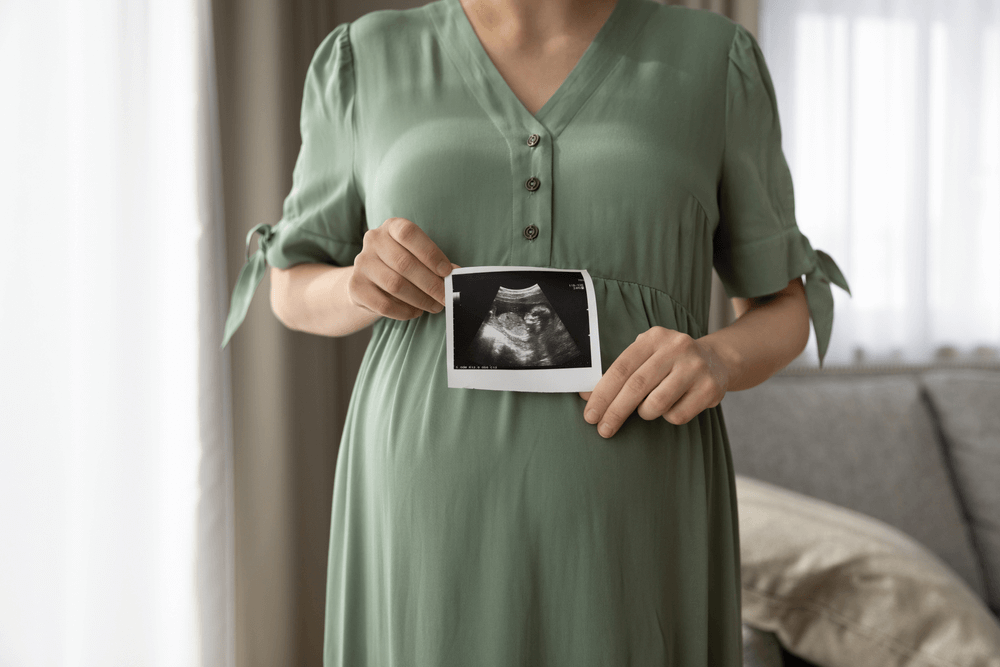Risks of Pregnancy After Age 35: A Comprehensive Guide

As more women choose to delay motherhood to pursue education, career goals, and financial stability, pregnancy in the mid to late thirties and beyond has become increasingly common. While many women in this age group have successful pregnancies, it is essential to understand the potential risks that come with later-age pregnancies.
Understanding the Risks
Women over 35 face increased risks during pregnancy, including:
- High Blood Pressure: Hypertension is more prevalent in older pregnant women.
- Birth Defects: The likelihood of chromosomal abnormalities, such as Down syndrome, increases with maternal age.
- Miscarriage: The risk of miscarriage is higher in women over 35.
- Gestational Diabetes: Older mothers are more prone to developing diabetes during pregnancy.
- Fertility Challenges: Conception may be more difficult due to a decline in fertility.
- Multiple Pregnancies: The probability of conceiving twins or multiples is higher.
- Genetic Disorders: There is a greater risk of genetic issues in babies born to older mothers.
- Placenta Previa: This condition, where the placenta covers the cervix, is more common.
- Increased C-Section Rates: Older mothers are more likely to require cesarean deliveries.
Effective Prenatal Care
To mitigate these risks, comprehensive prenatal care is crucial:
- Pre-Pregnancy Consultation: Women considering pregnancy should consult their doctor to understand the risks and necessary precautions.
- Healthy Lifestyle: Maintaining a healthy weight, eating a balanced diet, exercising regularly, and avoiding smoking and alcohol can significantly reduce risks.
- Regular Check-Ups: Frequent medical visits help monitor the health of both mother and baby, allowing for early detection and management of potential issues.
- Genetic Testing: Tests for conditions like Down syndrome and Trisomy 13 can provide early information about the baby’s health, helping parents make informed decisions.
Also read: Stuffy Nose During Pregnancy: Causes And Treatments
Preparing for Pregnancy After 35
If you’re planning a pregnancy after 35, here are steps to prepare:
- Weight Management: Achieving a healthy weight can lower the risk of complications such as diabetes and pre-eclampsia.
- Healthy Habits: Adopt a nutritious diet and regular exercise routine, and avoid harmful substances.
- Medical Guidance: Work closely with your healthcare provider to monitor and manage any potential health issues.
- Genetic Counseling: Consider consulting a genetic counselor to discuss the risks of chromosomal abnormalities and other genetic conditions.
Successful Pregnancies Over 35
Despite the increased risks, many women over 35 have healthy pregnancies and babies. By understanding the potential challenges and taking proactive steps, you can increase your chances of a positive outcome. Working closely with your healthcare provider and adhering to a healthy lifestyle can significantly contribute to a successful pregnancy.
Conclusion
While pregnancy after 35 comes with its unique set of challenges, it is entirely possible to have a healthy and successful pregnancy with proper care and preparation. By understanding the risks and taking proactive measures, you can navigate this exciting journey with confidence.
Sources:
- American College of Obstetricians and Gynecologists
- Mayo Clinic
- WebMD
- Centers for Disease Control and Prevention
By incorporating information from reputable sources and maintaining a clear, informative, and engaging writing style, this article aims to provide comprehensive and accurate insights into the topic of pregnancy after 35.
Also read: What Is Cervidil And Its Uses?






